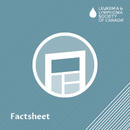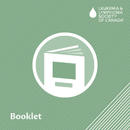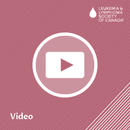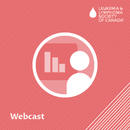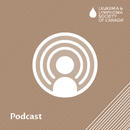What are myelodysplastic syndromes?
In Canada, it is estimated that up to 5,900 new cases of MDS are diagnosed each year.
You are not alone.
What happens next?
Talking to family and friends
Telling your children
Speaking with your employer
Preparing for appointments
Understanding lab results
Asking for a second opinion
Coping with fear, anxiety and stress
Taking care of your body
Managing fatigue and cognitive challenges
Understanding insurance and organizing finances
Experiences of others with myelodysplastic syndromes

Resources on myelodysplastic syndromes
Myelodysplastic syndromes (MDS)
Understanding and managing myelodysplastic syndromes (MDS)
Blood and Marrow Stem Cell Transplant
Blood Transfusion
Understanding clinical trials
Types of blood cancer treatments
Shared Decision Making: Discussion tool for people with a blood cancer
Understanding Myelodysplastic syndromes
What's New in MDS
Microscope on Myelodysplastic Syndromes (MDS)
Bone Marrow and Spleen
Lymphocytes and Lymphatic System
Myelodysplastic Syndromes (MDS): A Conversation with Dr. Rena Buckstein
Tom's Myelodysplastic Syndrome Experience
Myelodysplastic Syndrome: A Conversation with Gail Whiteford
There are two main types of MDS.
There are two main types of MDS: primary (de novo) and secondary MDS. The treatment for MDS varies according to the type and stage of the disease with the goal of slowing or stopping the MDS from becoming acute myeloid leukemia (AML). After treatment, many people get relief from the symptoms of MDS. You may find that knowing more about the disease and its treatment can help you cope.
Subtypes
Doctors classify myelodysplastic syndromes into subtypes by using various tests. The subtype plays a large part in deciding the type of treatment.
Chronic myelomonocytic leukemia (CMML) - More information available
Refractory anemia (RA)/myelodysplasia
Refractory anemia with ringed sideroblasts (RARS)/acquired sideroblastic anemia or myelodysplasia
Refractory anemia with excess blasts (RAEB)/smoldering leukemia/oligoblastic myelogenous leukemia
Refractory anemia with excess blasts in transformation (RAEB-T)











